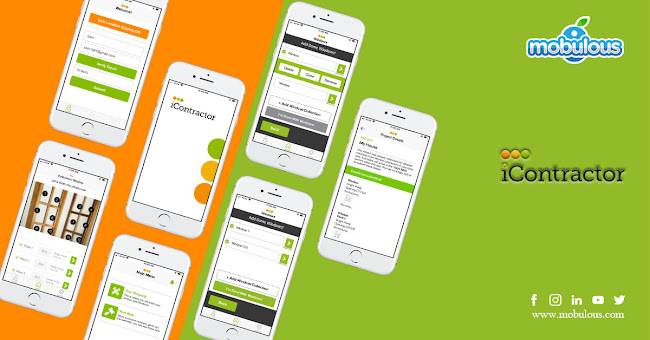Native Vs Hybrid apps- Which Is the Better Technology to Adapt?
Before developing a mobile application, every business has the same question that which application should be developed, whether native or hybrid? Or what is the difference between hybrid or native app? And which technology should be considered? However, these are a common confusion that one and all go through. Both technologies have their advantages and disadvantages, but it’s essential that you assess the two approaches carefully before making the final decision.
This article is about everything you need to know about the native app vs. hybrid app. A handful of practical tips help you to choose the best option for your next mobile app development project.
A quick overview-
Native Application- Creating a native application means using the native languages of the platform, like Objective for C, Swift for iOS and Java for Android operating systems. It is a software or program which is designed to perform some specific task on a particular platforms, such as iOS, Android, Blackberry and so on. Native apps are encoded with various languages and compiled into machine code, provides the best performance that you can get from the smartphone. It also integrated with built-in features of the handset, such as its camera, GPS, accelerometer, address book, compass and the list of contacts.
Hybrid Application - To put it simply, a hybrid application is a combination of web apps and native apps. Developing a hybrid application is quite similar to creating web apps. Web apps are built using HTML, CSS, JavaScript and run inside a browser. And, native apps are built using Java, kotlin, objective c, swift and built for a specific platform. Through which, you can use any web-native framework you want, such as - hybrid frameworks like Ionic, Cordova, Xamarin or React Native. The process of app development is faster and simpler.
Here is comparing of Native Application and Hybrid Application:-
Through this above chat, you can see the major difference between Hybrid apps and Native app. The first thing that we want to tell you, in most of the case users won’t see any difference between these two apps. Of course, if they are created by professionals. In this case, the question may arise, if there is no difference for the end-users, how can they choose the right technology? As they say, the devil is in the details. So, if you’re looking for the same, feel free to contact iPhone application Development Company.



Comments
Post a Comment